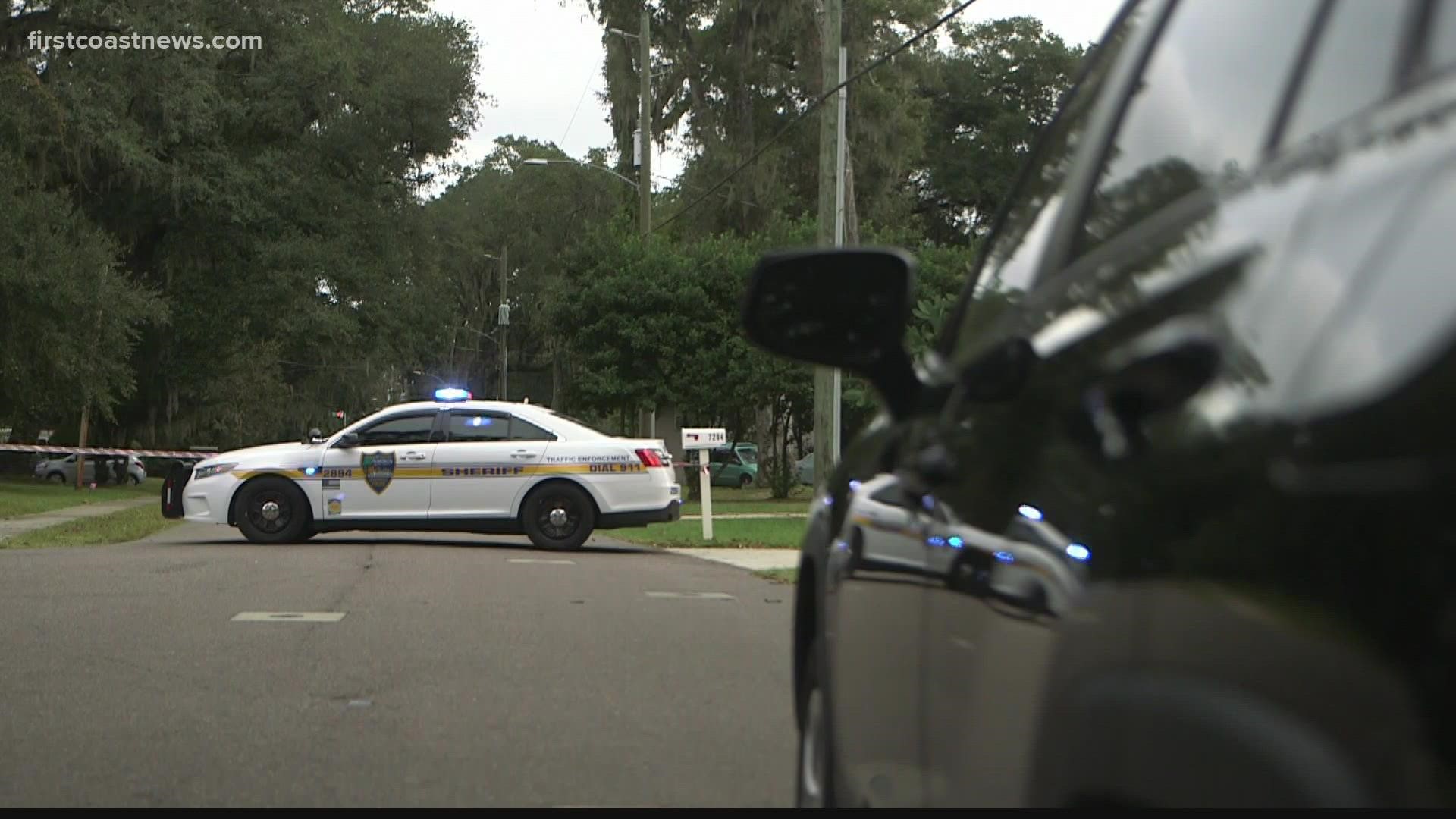JACKSONVILLE, Fla. — A Jacksonville Sheriff’s Officer who admits reporting to work drunk on multiple occasions will soon be back on the job.
First Coast News has learned the SWAT officer who was fired for reporting to firearms training severely impaired is scheduled to return to work April 13.
He will retain his $71,600 annual salary, but will likely resume work in a diminished capacity, without a weapon or police vehicle.
As FCN first reported Thursday, Officer Nicholas Gifford was fired after he drove his police car to the city’s gun range in October, just a few hours after drinking a full bottle of vodka. When fellow officers spotted his vehicle weaving and Gifford staggering, they confiscated his gun belt and took him to JSO headquarters for a breathalyzer test.
That was a “mistake,” Undersheriff Pat Ivey testified at a December hearing of the city’s Civil Service Board. Gifford’s blood alcohol level was four times the legal limit – a clear violation of Florida law -- but removing him from the scene “complicated” charging him with a DUI, Ivey said. Because the agency required Gifford to “blow” as part of its administrative investigation, they could not use the breathalyzer results as part of a criminal case.
The agency handled the matter administratively, not criminally, and the sheriff decided to fire him.
That decision was overturned, however, when Gifford appealed his dismissal to the Civil Service Board. The unelected, volunteer board voted 4-2 that termination was too severe a punishment.
Attorney and DUI expert Susan Cohen said removing Gifford from the scene does not explain why he wasn't charged with a crime. She noted that DUI suspects are frequently removed from a scene due to injuries, safety concerns – or when a suspect flees.
“It’s not unusual for people to be removed from the initial scene during a DUI investigation,” she said.
The observations of other officers, who witnessed multiple signs of inebriation, might’ve been sufficient to charge Gifford with DUI, Cohen said. Even if they couldn’t use the results of the compulsory, administrative breath test, Cohen said, they could've requested a test under Florida’s implied consent law – the same one that ordinary motorists face.
“There may be some other rationale, some other concerns about why [removing the officer] would impact the ability to prosecute the case,” she said. “And those things I can't speak to. But I can tell you that just removing someone from the scene, it's really not significant in and of itself.”
There is no set time frame for charging a DUI, Cohen said, with some suspects charged as much as a year later.
As for the level of Gifford’s intoxication – a .316, four times the legal limit of .08 – it stunned even Cohen, who has been practicing for 37 years.
“Back in the 80s, if you were a .2 or above, a lot of times you went straight to the hospital,” she recalled. “But on a .3, like I said -- that's extremely unusual. Out of our people, our cases, maybe I've seen a couple -- out of hundreds and hundreds and hundreds.”
First Coast News crime analyst Mark Baughman said that although Gifford will complete his 90-day suspension and return to work April 13, he doesn’t expect him to get his gun or police vehicle back any time soon.
“The sheriff could put him in a position to where he's never on the street again,” Baughman said. “The sheriff may allow him to come back, put him in some type of desk duty, what they call Teleserve or somewhere else, and keep him in that capacity for an extended period of time.”
Gifford is also required to submit to frequent breathalyzer tests for a year after he returns to work.
Gifford did not respond to requests for an interview but in a statement his attorney said, “Our member served his country and served the City of Jacksonville without any prior discipline in his career. He was entitled to a hearing in front of the neutral Civil Service Board as part of his due process. The Board after hearing all of the facts decided that termination was manifestly unjust and gave Mr. Gifford a lengthy suspension. We appreciate the Board’s willingness to allow this officer to continue to serve this community and the opportunity to present this case before them.”
You can read the full investigation here.

